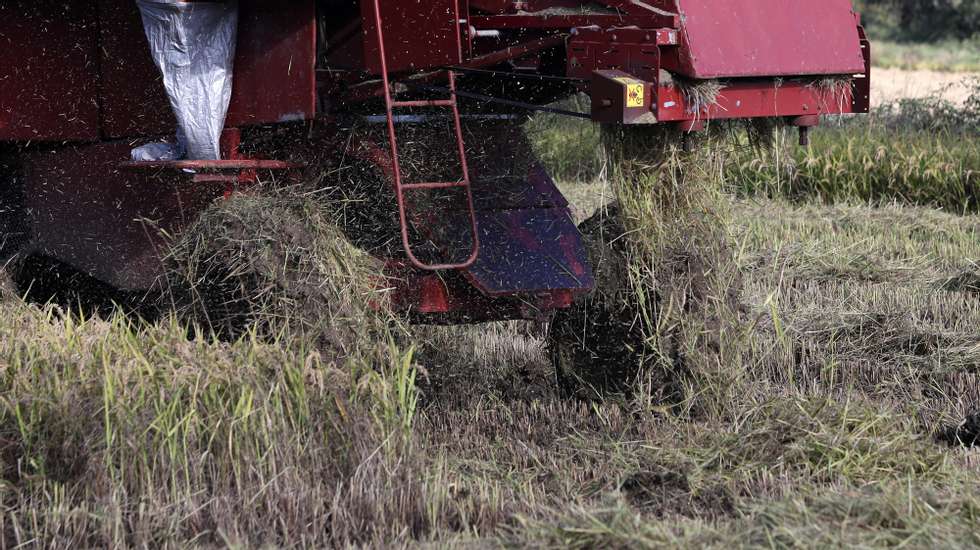Researchers from the Faculty of Sciences of the University of Porto (FCUP) are leading a project that aims to contribute to the cultivation in Portugal of a variety of rice more resistant to heat and climate change, it was revealed this Monday.
The project, called “PrOryza”, aims to contribute to the “genetic improvement” of rice varieties of interest grown in Portugal, increasing their tolerance to heat stress and improving their productivity, the FCUP indicated this Monday in a statement.
Portugal is the country where the most rice is consumed in Europe“with more than 18 kg/year ‘per capita’, a value four times higher than the European Union average”, but they can produce little to satisfy internal consumption.
“The idea of PrOryza is to help reverse this trend,” highlights the FCUP, adding that, to this end, researchers will carry out field trials in the center of Alentejo, the result of a collaboration with a producer from Montemor-o-Novo. area.
Cited in the statement, the researcher responsible for the project, Ana Marta Pereira, highlights that the The productivity of rice grown in Portugal “has decreased drastically, mainly due to climate change”.
“This reduction in productivity is related to increased temperatures and decreased rainfall, especially in southern regions, such as Alentejo. There is a 10% decrease in productivity in rice production for every 1ºC increase in temperature,” he says.
Throughout the project, the researchers study the commercially important rice varieties in Portugal, namely the Portuguese Caravela and Ceres (corresponding to Carolina rice) and those of Italian origin Ariete and Lusitano.
The Sprint variety, of Italian origin and belonging to the Indica subspecies, will also be studied.
According to Ana Marta Pereira, the The objective is to “evaluate the reproductive performance” of each of the varietiesas well as the Behavior in the face of climate change.s.
“We will carry out this work in the laboratory, but also in the field, to measure and evaluate the conditions to which they will be subjected,” he explains, highlighting that the drop in rice production occurs mainly during the plant’s reproduction phase. , when it is most sensitive to the effects of heat.
Throughout the project, the researchers also analyze an irrigation system that is being tested to mitigate climate change.
“Rice is traditionally grown by flooding, which causes a kind of buffer effect around the plant, helps thermoregulation and prevents temperature variations during its development. With drip irrigation this effect is lost,” highlights Ana Marta Pereira.
Field trials will also serve to compare the effects of drip irrigation and traditional flood cultivation.
The research team also try to find genetic markers that make the plant more tolerant to heat during the reproductive phase.
If the existence of these genetic markers is confirmed, the researchers will carry out “artificial crosses” between the different varieties of rice with the aim of obtaining “more tolerant and heat-resistant specimens.”
This work will be carried out as part of a collaboration with the Centro Operativo e Tecnológico do Arroz (COTArroz) and its national genetic improvement program.
Common Financing of 150 thousand euros from the Promove – The Future of the Interior program, of the La Caixa FoundationThe project will have the duration of three years and also includes researchers from the António Xavier Institute of Chemical and Biological Technology, from the Nova University of Lisbon, COTArroz and producers from the Sociedade Agrícola do Bem Calado Sul, SA, from Montemor-o-Novo.
Source: Observadora
